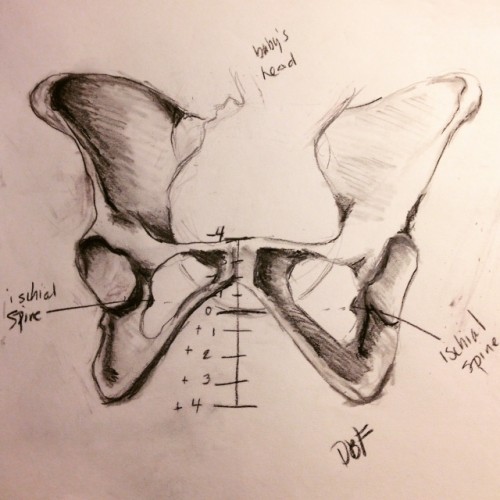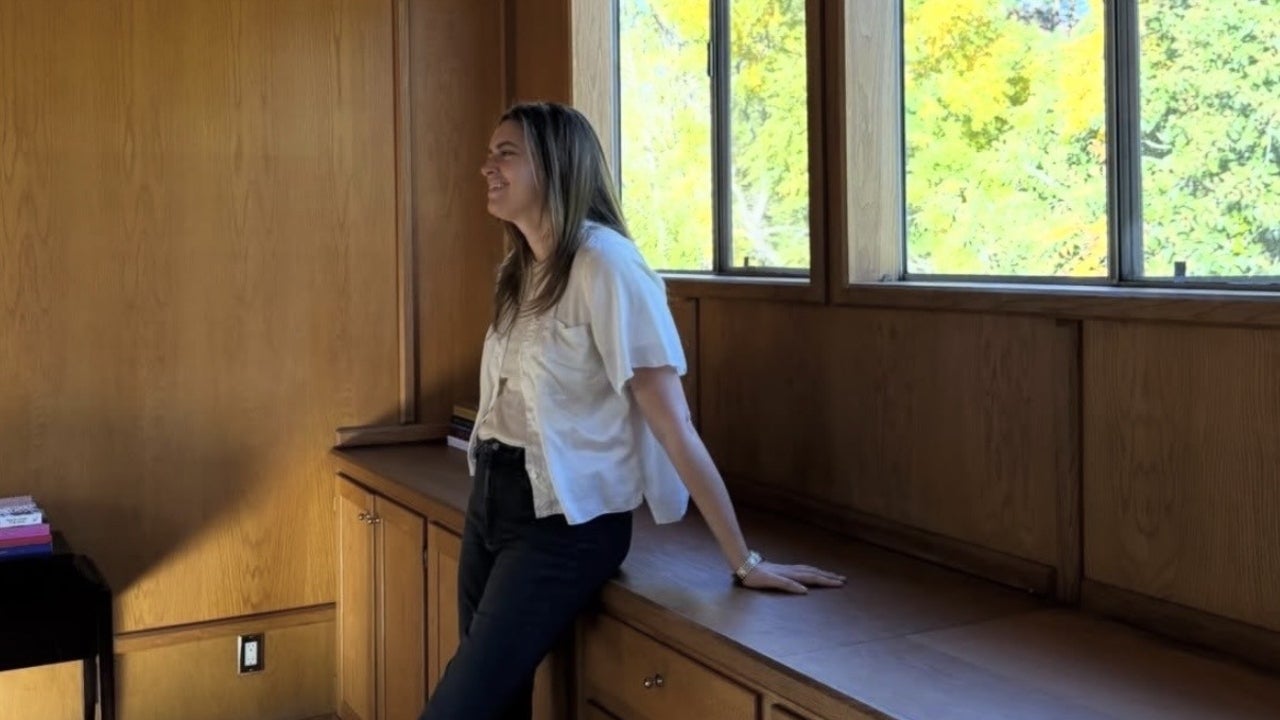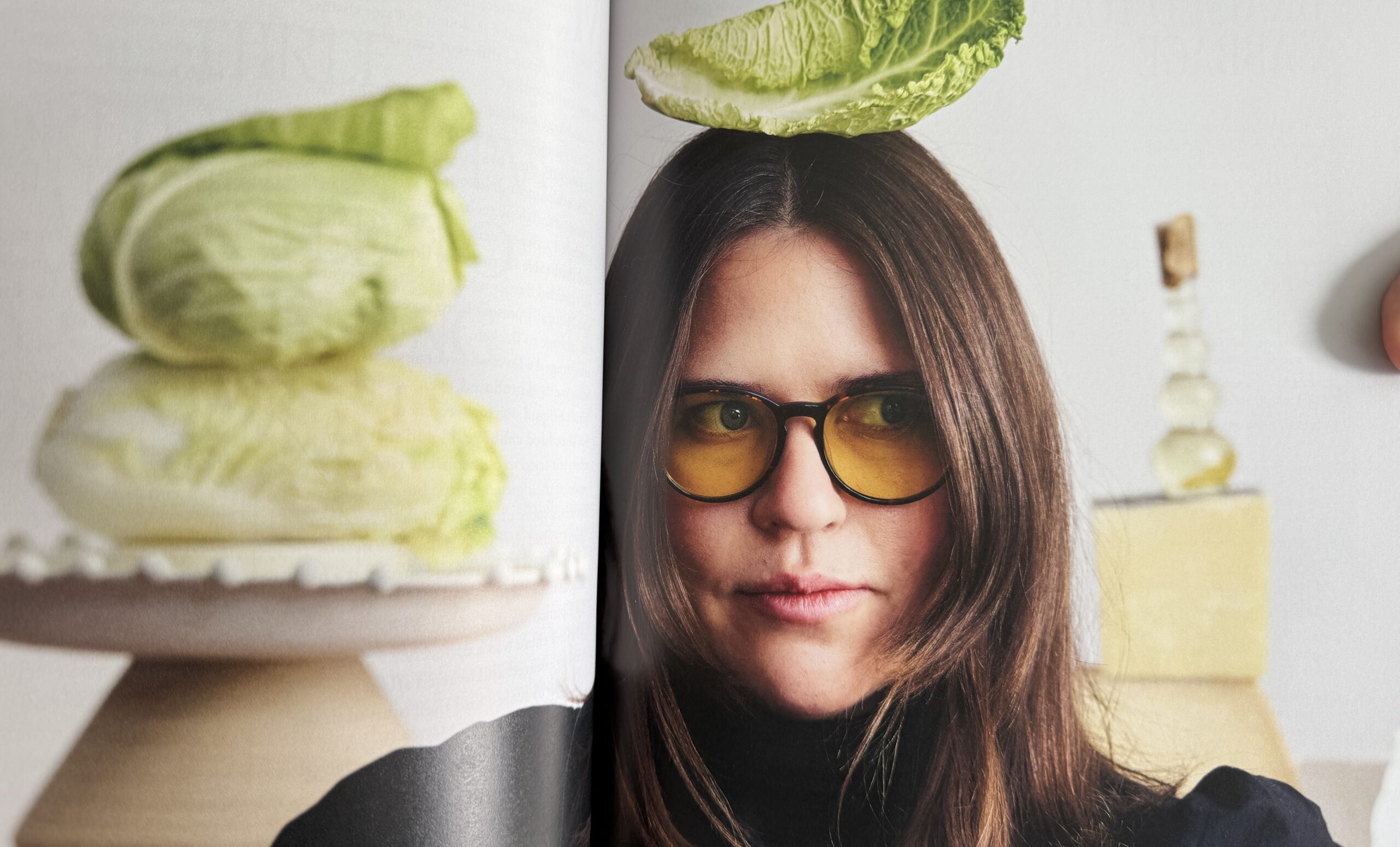7 Signs You’re Overcomplicating Your Life (And How to Stop)
Life doesn’t have to feel like a constant uphill battle. Yet many of us unknowingly add layers of complexity to our days—through habits, thought patterns, and expectations that quietly drain our energy. The good news? You’re not stuck. With...


Life doesn’t have to feel like a constant uphill battle. Yet many of us unknowingly add layers of complexity to our days—through habits, thought patterns, and expectations that quietly drain our energy.
The good news? You’re not stuck. With a little awareness and small adjustments, you can begin to peel back those layers and rediscover the ease that’s been waiting underneath.
Here are seven quiet signs you might be overcomplicating things, along with kind, practical ways to find your way back to simplicity.
1. You Feel Like Every Decision Requires Extensive Research
Sign: You spend hours comparing product reviews before buying a $20 kitchen gadget. You replay conversations wondering if you said the “right” thing. Minor choices leave you mentally exhausted.
Why it happens: In a world of endless options and opinions, it’s easy to fall into analysis paralysis. We confuse thoroughness with self-protection, fearing that a “wrong” choice will lead to regret.
What to do instead: Remind yourself that most decisions aren’t permanent. Give yourself permission to choose “good enough” and adjust later if needed. Start small—try picking a restaurant without reading reviews, or wear an outfit without second-guessing. You’ll learn that life unfolds beautifully even without perfect choices.
2. Your To-Do List Feels Like a Never-Ending Marathon
Sign: Your calendar is packed, yet you often end the day wondering what you actually accomplished. Tasks multiply faster than you can complete them, leaving you feeling perpetually behind.
Why it happens: Unconsciously, we equate being busy with being valuable. We say “yes” to things out of obligation or habit, not because they truly matter to us.
What to do instead: Tonight, try this: Write down everything you think you should do tomorrow. Then cross out half. Ask: “Which of these, if left undone, would truly make my life worse?” Protect the remaining items like precious gifts—they’re your real priorities.
3. You Often Feel Overwhelmed by Problems That Haven’t Happened Yet
Sign: Your mind spins with “what ifs” about future scenarios—most of which never come to pass. You prepare for disasters that aren’t likely, just in case.
Why it happens: Our brains are wired to anticipate danger, but modern life has replaced predators with hypothetical social and professional anxieties. We mistake mental rehearsal for preparedness.
What to do instead: When you catch yourself spiraling, pause and ask: “Is this a real problem I’m facing right now?” If not, gently redirect your attention to your breath or something tangible nearby (a mug of tea, the texture of your shirt). This simple act trains your mind to stay present.
4. Self-Care Feels Like Another Item on Your Checklist
Sign: Your attempts to relax involve meticulously tracked habits, expensive products, or guilt when you “skip a day.” Even downtime feels performative.
Why it happens: We’ve turned wellness into another achievement metric. The quieter needs—rest, play, unstructured time—get overshadowed by optimized routines.
What to do instead: Rediscover the small, nourishing things you did naturally as a child: staring out the window, doodling absentmindedly, lying in the grass. These moments aren’t frivolous—they’re how we recalibrate.
5. You Delay Starting Because Conditions Aren’t “Perfect”
Sign: You wait for a quiet house to meditate, a free weekend to organize, or more confidence to pursue a dream. Meanwhile, life keeps passing.
Why it happens: We confuse preparation with progress, forgetting that most great things begin messy and imperfect.
What to do instead: Try the “2-minute rule.” Commit to just two minutes of that thing you’ve been putting off—meditating, writing, stretching. You’ll often continue, but even if you don’t, you’ve built trust with yourself by starting.
6. You Juggle Multiple Priorities But Feel Fulfilled by None
Sign: You’re managing work, family, hobbies, and personal growth, yet somehow everything feels superficial. You’re spread wide but not deep.
Why it happens: Our culture rewards breadth over depth. We fear missing out or being “left behind,” so we dabble in everything and master nothing.
What to do instead: Choose one or two areas to go “all in” on this season. Let other things exist at maintenance mode. Depth—not breadth—creates meaning.
7. You Tell Yourself Life Will Be Simpler “After…”
Sign: “After this project wraps up…” “When the kids are older…” “Once we save more…” Peace becomes a destination rather than a practice.
Why it happens: We’re conditioned to see simplicity as a reward for hard work rather than the foundation for it.
What to do instead: Today, do one thing differently:
Leave the dishes for tomorrow Buy pre-cut vegetables Say no to something that drains youSmall acts of self-kindness prove simplicity isn’t something you earn—it’s something you choose.
A Quiet Invitation
Simplifying isn’t about doing more or being better. It’s about uncovering what was there all along—the uncluttered version of your life that knows when enough is enough.
Start where you are. Pick one sign that resonates and try its “gentler way” for a week. Notice what happens when you stop overcomplicating and start trusting that life can be softer than you think.
You deserve that ease. It’s been waiting for you all along.

 Lynk
Lynk 
































